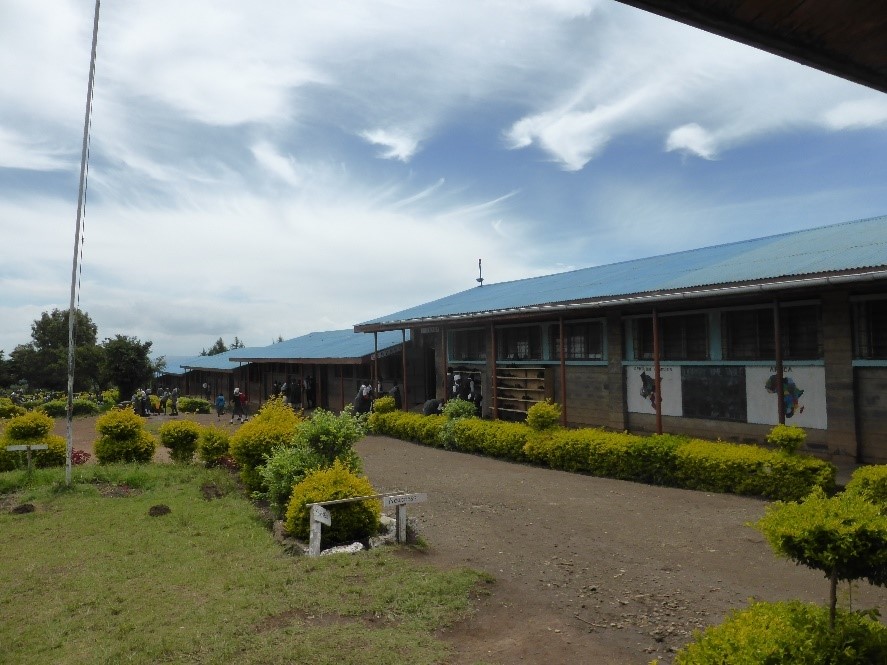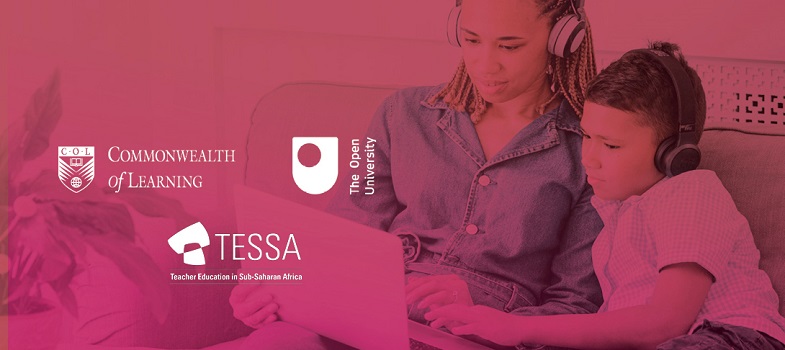Week 1: What are the features of an inclusive school?
1. Introduction to Week 1

Figure 1 What makes a school ‘inclusive’? Egerton primary school, [Kenya] in 2016
At least half of the world’s 65-million children with disabilities of primary and lower secondary age are estimated to be out of school (Disabled World, 2020), compared to only 13% of their non-disabled peers (UNICEF, n.d.). A disproportionate number of disabled children are not therefore benefiting from education. Children with disabilities who are in school often experience difficulties as a result of a lack of facilities and expertise to support their learning.
This represents a significant waste of human resource and human potential. ‘Inclusive education’ involves finding ways to support all children to learn and so they can contribute to society as productive and caring adults. Creating an inclusive school is a process rather than a destination and this course offers a means to explore that process.
Within a school, people can work together to solve problems. As an organisation, the school will have access to other community organisations which can provide specialist support and training as required. The school will also have stakeholders such as care-givers and parents, the local community and the school management committee – all of which can contribute to creating an inclusive school by pooling their resources and efforts.
All schools are different and reflect the community that they serve and the context in which they are located. However, it is possible to identify the different features that an inclusive school in any context might have. This first week you will take an overview of what makes an inclusive school, and over the next three weeks you will investigate each aspect in more depth.
In this first week you will:
- consider the features of an inclusive school, and some of the attitudes that need to be challenged;
- you will also be introduced to the different aspects of creating an inclusive school, each of which will be examined in more depth in Weeks 2, 3 and 4. You will reflect on what is meant by ‘school ethos’ and how ‘school cultures’ are built (in preparation for Week 2)
- reflect on your experiences of professional development, how effective it was and how it might be more effective (in preparation for Week 3)
- consider how an inclusive school can be monitored and developed (in preparation for Week 3)
- consider who the different stakeholders in a school might include (in preparation for Week 4)
